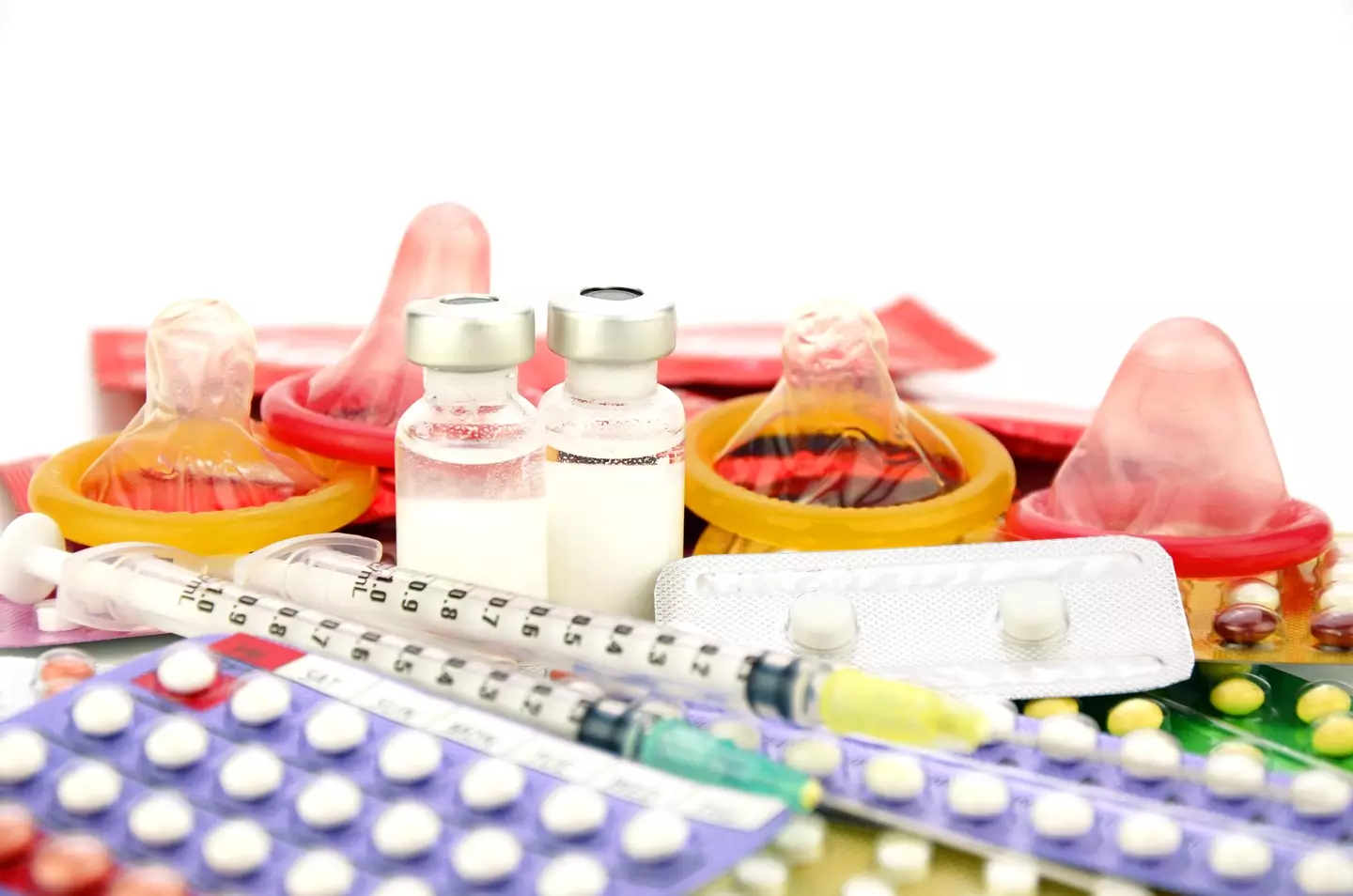
France will make condoms free for anyone up to the age of 25 in the new year, President Emmanuel Macron has announced.
The move comes as the government says sexually transmitted diseases are on the rise among young people, and as this year’s spike is cutting deeply into the budgets of France’s poorest.
Girls and women aged 25 and under already can get free birth control in France as part of government efforts to ensure that young people of all incomes can prevent unwanted pregnancy.
Existing measures do not apply to men, however, or specifically address access for transgender or nonbinary people.
Advert

Macron had originally stated that condoms would be free in pharmacies for anyone 18-25 starting on January 1 2023.
But after a French TV presenter and others challenged him on social networks Friday over why the condom measure did not include minors, the president agreed to expand the programme.
“Let’s do it,” Macron said in a selfie video that he shot.
He later tweeted: “A lot of minors also have sex they need to protect themselves too.”
Mr Macron, who was France’s youngest-ever president when he was first elected in 2017 at age 39, also promised stepped-up efforts to prevent and test for HIV and other sexually transmitted viruses.
France’s state health care system covers some birth control costs but not all, and doctor appointments for low-income patients often require long waits.

Several other European countries offer free or subsidised contraception.
In the UK, a recent study found that a current measure to promote safe sex is not actually preventing young people from getting STIs.
Researchers wanted to examine whether texting teens and young adults about safe sex would stop them from getting further infections.
But they found the Safetxt did not reduce reinfection rates.
The group who received the texts ended up having slightly more STIs than those who were not sent the messages.
Experts from the London School of Hygiene and Tropical Medicine called for the 'rigorous evaluation of health communications interventions'.
Their study, published in The BMJ, examined two groups of more than 3,100 16 to 24-year-olds who had a previous infection of chlamydia, gonorrhoea, or 'non-specific urethritis' – an infection of the urethra most commonly caused by an STI.

One group did not receive the texts, but had a monthly text checking their postal and email addresses were the same.
Participants receiving dozens of texts on the subject at varying intervals.
Texts were tailored to gender and sexual orientation and recipients could ask for more information on specific topics.
It was hypothesised that Safetxt would reduce the risk of chlamydia and gonorrhoea reinfection.
But researchers found 22.2 percent of those who received the Safetxts were re-infected with chlamydia or gonorrhoea.
This compared to 20.3 percent in the group who did not receive the texts.
The study authors concluded: “Future work could evaluate the effect of interventions promoting condom use and STI testing in those at risk but with a diagnosis of an STI.
“Further research should focus on how to reduce the stigma associated with STIs to benefit wellbeing, treatment, and precautionary behaviours for those with a diagnosis of an STI, without increasing the risk of infection.”
Topics: Sex and Relationships, Health, News
